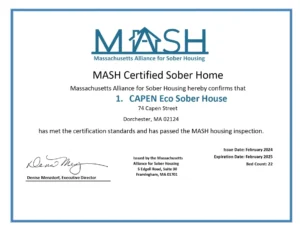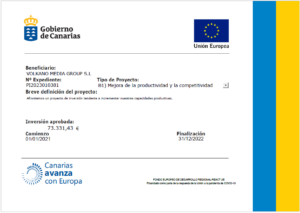When the person you owe reparations to has died, you can still make living amends by changing things about you and how you live your life. These changes can positively impact the people you love and care about. Making amends with the people you’ve fallen out with as you’re thinking about mortality and what happens when you die is one way of finding emotional freedom and closure. But what happens when the person you need to make amends with dies before you’re able to apologize and change your ways?
The New York Times
Suddenly your spinning around things you feel guilty for. Maybe it is a fight you always thought you had time to resolve. Perhaps it is something you said or did while they were ill. Now, whether it is an apology, a want for forgiveness, or an amends, that person isn’t here and it makes it hard to imagine any of those things are possible.
Commit to living a sober and honest life
Direct amends refers to going directly to the wronged individual, apologizing and taking whatever action is necessary to correct a situation. If an individual damaged someone else’s home while they were under the influence of drugs or alcohol, direct amends may require that they go to the property owner, apologize and repair damages. Those in recovery are encouraged to make direct amends whenever possible.

Benefits Of Drug Rehabs That Accept Medicaid

Step 9 of AA’s 12-step program directs people in recovery to take accountability for actions that may have harmed others and to make amends when possible. In Alcoholics Anonymous (AA), making amends is considered a crucial component of long-term recovery. Step Nine can leave you emotionally exhausted; it’s a difficult step to navigate. But the rewards you’ll reap from living amends can help make the challenges easier and more productive. When held in the bonds of an addiction, it’s not uncommon for many relationships to feel strain, or to fall apart together.
- It is about what we do despite that wrongdoing, «abandoning [our] right to resentment . . . «.
- Always seek the advice of a physician or other qualified health provider with any questions you may have regarding a medical condition.
- The guilt may have been real, but the apology didn’t come with lasting change.
- These promises are often the most difficult to keep because addiction plays a decisive role in a person’s ability to live up to their promises.
Unfortunately, this scenario plays out much too often in the lives of people who didn’t get a chance to correct their mistakes and past behaviors in time. Whether or not you’re intimately familiar with the Twelve Steps of AA, you’ve probably heard of Step Nine. Making Amends with Others has positioned itself in the public eye to a degree that many of the other eleven steps haven’t. That’s because it attempts to rectify the outward consequences of the disease.
Work on your relationships
We talked about the complicated processes of self-forgiveness and self-compassion. We’ve filled you in on things that can exacerbate guilt, like hindsight bias and survivors’ guilt. We’ve given you journaling exercises around coping with regret.
- One of the most common reasons people want to make living amends is to correct past wrongs.
- Making amends does not undoing the wrongdoing, just as forgiveness doesn’t undo the wrongdoing.
- Say, for example, you’re preparing to make amends to a former coworker, whom you once stole from to pay for drugs.
- It is freedom from behaviors that do not live up to the new life in sobriety I am choosing to live.
- We don’t need to delve into the past and apologize for every birthday party we missed, every fight we picked or the years we were absent— either physically or emotionally.
- For example, if you are estranged from a loved one and they will not see you, your indirect amends may involve reflecting on and modifying the behaviors that led to the estrangement.
living amends refers to making promises to the people in your life whom you’ve wronged or who have hurt you. These promises focus on rebuilding your relationship with a loved one and moving forward from the pain of the past. My name is Kyle, and I have been a blessed recipient of [a] sober living scholarship program from Living Amends. Apologies, while they can be well meaning, feel like lip service to many people. Especially if the disease behaviors created deep fissures, or if they are used in place of more direct amends.
It’s hard not to read a book on Bruce Willis’ legacy as a valediction of sorts, though it’s also a celebration
However, there are situations where it might not be appropriate. If approaching the other person opens up old wounds or re-traumatizes them, making amends isn’t advisable. If interacting with someone re-traumatizes you, or increases your risk of relapse, you might want to reconsider approaching them. It’s common to struggle with feelings of guilt or shame. And it can be intimidating to be uncertain about how the other person will react.

Amends often include apologies, but they go beyond words. Making an amend means taking accountability and action to repair any damages done. Through these restorative actions, you demonstrate your commitment to change. Making amends helps repair relationship problems caused by addiction. While the process may seem daunting at first, you can make amends in a way that’s sincere and respectful.




